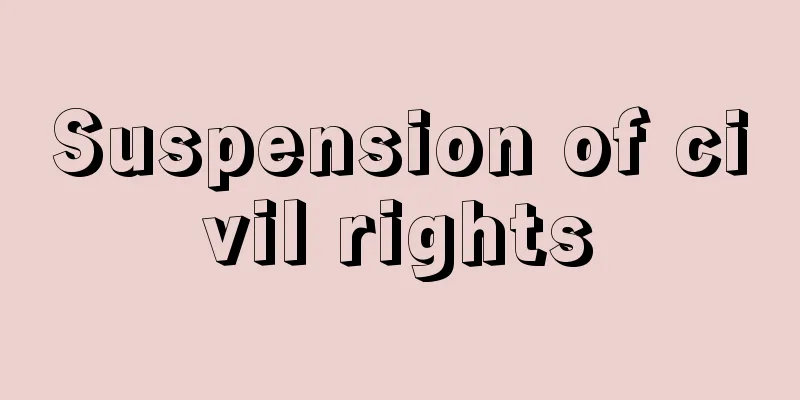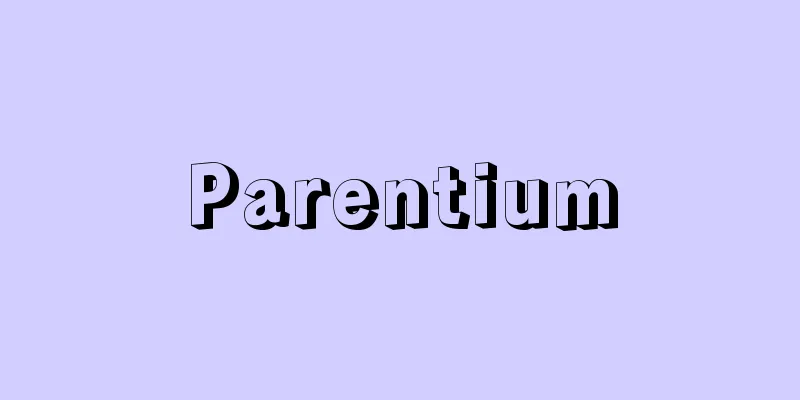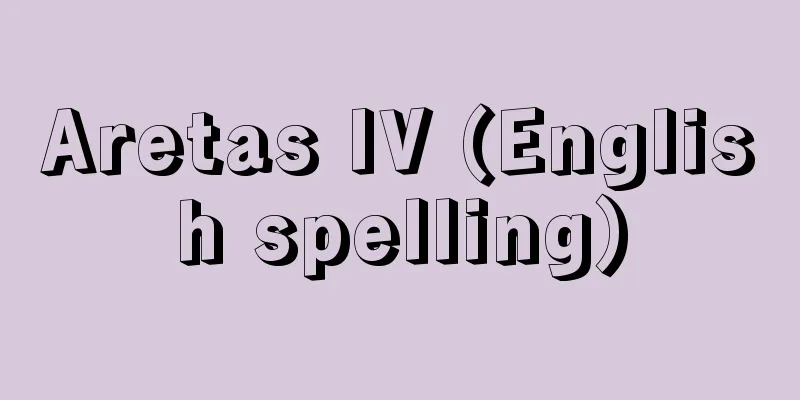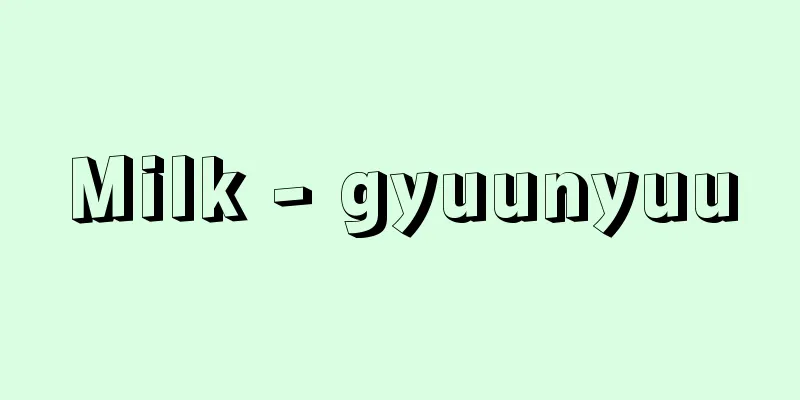Suspension of civil rights

|
Civil rights are generally defined as the suspension of the right to vote and the right to be elected, as stipulated in the Public Offices Election Law (1950). Those who are not entitled to vote or the right to be elected are (1) persons who are legally incompetent, (2) persons who have not yet completed their sentence of imprisonment or more, (3) persons who have not yet completed the execution of their sentence of imprisonment or more (excluding those on suspended sentences), and (4) persons who have received a sentence of imprisonment or more for an election violation and are on suspended sentence (Article 11). There are severe penalties for election violations, and in the case of a fine, the suspension is for five years from the date of the final sentence (for those on suspended sentences, the suspension period), and in the case of imprisonment or more, the suspension is for the date of the final sentence of the sentence until the completion of the execution of the sentence and for five years thereafter (for bribery, the suspension is for ten years; Article 252). With the amendment of the Public Offices Election Law in 1994, if a public official commits a bribery crime during that period, the suspension of his/her civil rights is also for the period of execution of the sentence and for five years thereafter (for those on suspended sentences, the suspension period). In addition, the strengthening of the chain of responsibility system means that if a candidate's election is invalidated, he or she will be banned from running in the same electoral district for five years. → Related topics Civil rights Source : Heibonsha Encyclopedia About MyPedia Information |
|
公民権とは一般的に選挙権・被選挙権の停止とされ,公職選挙法(1950年)で規定される。選挙権・被選挙権を有しない者とは,(1)禁治産者,(2)禁錮以上の刑を終わるまでの者,(3)禁錮以上の刑の執行を受けることがなくなるまでの者(執行猶予者を除く),(4)選挙違反により禁錮以上の刑を受けて執行猶予中の者(以上,11条)。選挙違反には厳しい処分があり,罰金刑の場合は判決確定から5年間(執行猶予者は猶予期間中),禁錮以上の場合は判決確定から執行終了までとその後の5年間(買収の場合は10年。以上252条)。1994年の公職選挙法改正により,公職にある者が,その間に収賄罪を犯した場合も刑の執行期間とその後の5年間(執行猶予の場合は猶予期間中)公民権の停止とされた。また,連座制の強化により,候補者本人の当選が無効となった場合は,同一選挙区内での5年間の立候補禁止が盛り込まれた。 →関連項目公民権 出典 株式会社平凡社百科事典マイペディアについて 情報 |
Recommend
Ennedi (English spelling)
A hilly region in northeastern Chad, northern Afri...
Pietro Bonfante
1864‐1932 A modern Italian Roman law scholar. Afte...
Rangeln
… [Europe] Europe tends to have the impression th...
Awa Naruto Mono - Awa no Naruto Mono
A type of puppet theater and Kabuki play, it combi...
Side base - gawadodai
...Split foundations are often used for boulder f...
Vajji
…The term mahājanapada translates to “great count...
Popular song - Ryukouka
A song that was loved by the common people at a c...
Relief Society Movement - Relief Society Movement
...However, due to the successive arrests of lead...
Tic (tic disorder)
What is the disease? Tics are a type of habit tha...
Oomukashibushi - Oomukashibushi
...Including Kumiodori and Hashiodori, court danc...
Recoinage - Recoinage
This refers to the practice of minting new coins ...
Kapgan kakan - Kapgan kakan
The Turkic people ruled over northern and central...
Alumina cement
Also called fused cement. A hydraulic cement whos...
Oxo alcohol
... C10 to C14 alcohols, which are in high demand...
Fermi energy
…Electrons fill these k states in order from lowe...









